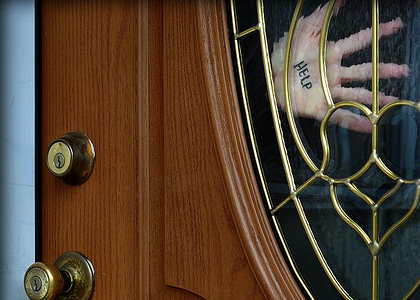
It is one of these weird things we hear about Japan and makes us wonder if it is true. Do Japanese teenagers really lock themselves up in their room for years? Why? Does this only happen in Japan? And is this an official psychological disorder?
Hikikomori, or withdrawn, people are mostly young Japanese men or boys, at around age 15, from middle class families, two BBC journalists write in an article about the phenomenon. The youngsters feel a lot of family pressure to achieve well in society, which makes them want to avoid social contact.
A 2010 survey, writes BBC,suggested that Japan counts around 700.000 sufferers. These are not people that are simply fed up with their responsibilities and now lean back behind their computer. Hikikomori often goes hand in hand with serious symptoms, like depression or violent outbursts.
While the phenomenon is almost only found in Japan, social withdrawal is not typically Japanese, the Yale Globalist describes in another arcticle about Hikikomori. In America and Europe some people also tend to back away from society, but this usually results in homelessness.
This does not happen often in Japan. Parents keep taking care of their locked up youngsters, they will simply not throw them out on the streets.
So is it just society’s handling of the problem that makes the syndrome seem typically Japanese? No, say researchers Teo and Gaw in The Journal of nervous and mental disease. They investigated whether it is justified that Hikikomori is not yet in the DSM-V.
Most of the reported Hikikomori cases they looked at, could be classified as a variety of existing psychiatric disorders, but a ‘notable subset’ of cases ‘with substantial psychopathology’ did not meet existing criteria.
The researchers therefore suggest to consider hikikomori a culture-bound syndrome. They propose diagnostic criteria and ask for further international research into the possibilities of including the condition in the DSM.
Photo: cc
Source: BBC
Teo AR, & Gaw AC (2010). Hikikomori, a Japanese culture-bound syndrome of social withdrawal?: A proposal for DSM-5. The Journal of nervous and mental disease, 198 (6), 444-9 PMID: 20531124
Gepubliceerd op United Academics
japanese pscyhology, japan hikikomori, japanese hikikomori, japan youth culture